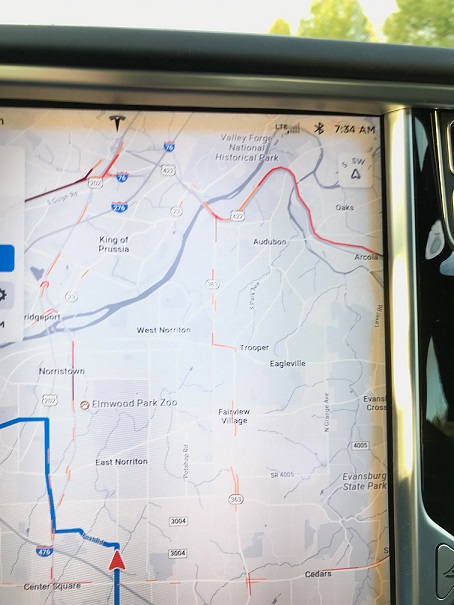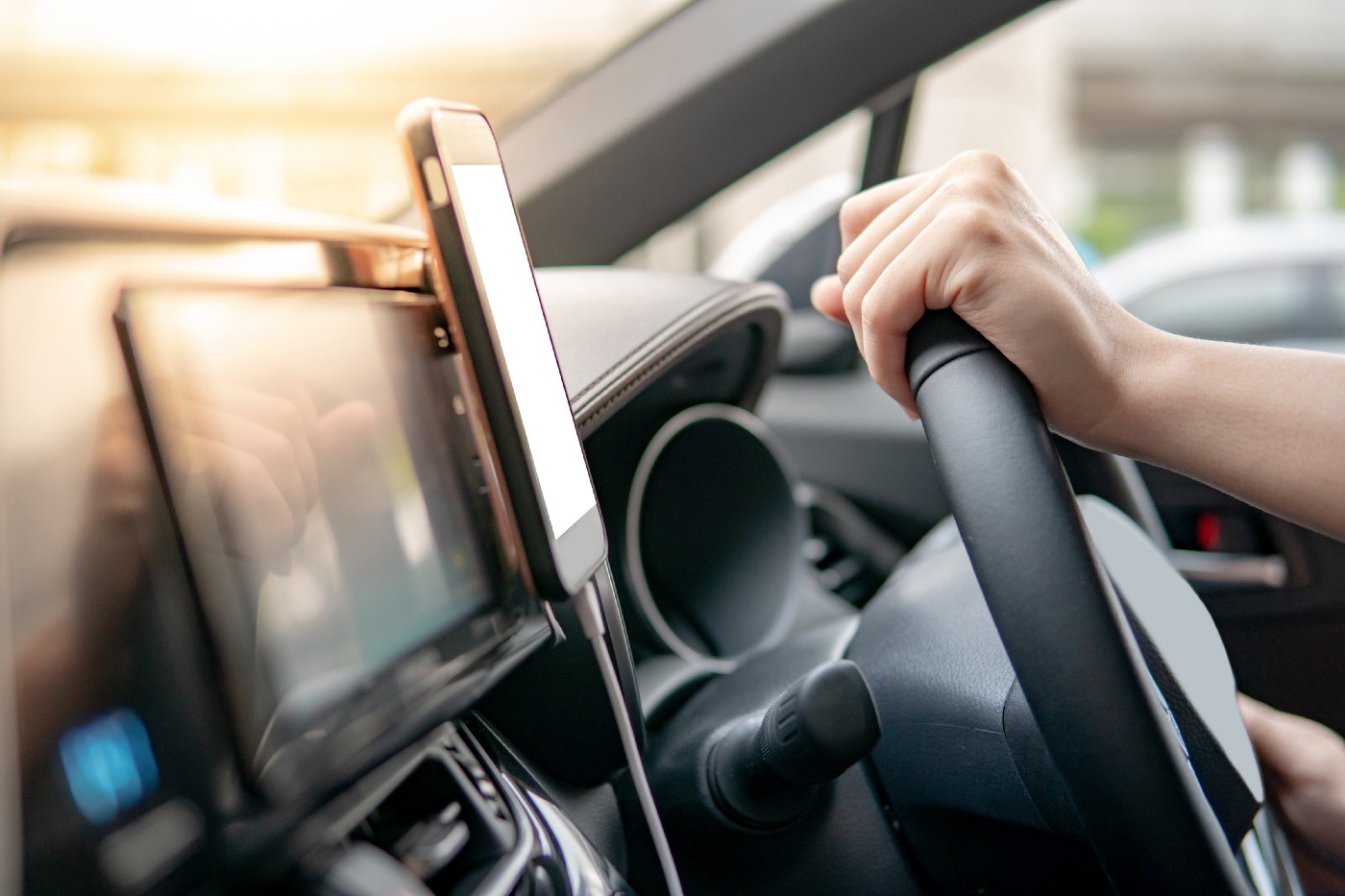Dear Judge Nathan: We came to Your Honor this past week to express grave concerns about the conduct of the Securities and Exchange Commission (“SEC” or the “Commission”), which has failed Tesla shareholders and weaponized this Court’s consent decree for illicit ends. In its written response to this Court, the Commission tried to waive away these concerns. At the same time, the SEC does not and cannot deny that it has yet to pay the $40 million-and-counting that it promised to pay Tesla shareholders. See Sec. & Exch. Comm, Elon Musk Settles SEC Fraud Charges; Tesla Charged With and Resolves Securities Law Charge (2018-226) (Sept. 29, 2018)
SEC.gov | Elon Musk Settles SEC Fraud Charges; Tesla Charged With and Resolves Securities Law Charge. More than 1,200 days following the SEC’s receipt of the funds in question, it has not distributed a penny.
The Commission’s claim that its “staff have not issued any subpoenas in this litigation” is disingenuous at best. Lest this Court be misled, we are obliged to pinpoint specifics that may shine light on the Commission’s representation. In a subpoena sent to Tesla in November 2021, the Commission specifically demanded documents concerning my clients’ “compliance or noncompliance with Tesla’s disclosure controls and procedures, executive communications policy, external communications policy, other policies or procedures relating to public statements or communications by Tesla executives, or the final judgment or amended final judgment in SEC v. Musk, 1:18-cv-8865-AJN (S.D.N.Y.).” The Commission issued a subpoena with similar demands to Mr. Musk. But our concerns now go well beyond niceties of the Commission’s representations. It has become clearer and clearer that the Commission is out to retaliate against my clients for exercising their First Amendment rights—most recently by criticizing the Commission on the public docket and by petitioning this Court for relief. Upon information and belief, after I filed the February 17, 2022 letter to this Court regarding the Commission’s conduct, at least one member of the SEC staff responded by leaking certain information regarding its investigation. This leak is emblematic of the vindictive, improper conduct that occasioned my letter: the SEC is retaliating against Mr. Musk and Tesla, without answering to the constraints of principle or law in so doing. See 17 CFR § 203.2 (“Information or documents obtained by the Commission in the course of any investigation or examination, unless made a matter of public record, shall be deemed non-public . . .”); 17 CFR § 203.5 (“Unless otherwise ordered by the Commission, all formal investigative proceedings shall be non-public.”). By letter dated February 19, 2022, we respectfully requested that specific SEC staff members preserve their records and devices. We have also reported the matter to the SEC Office of Inspector General. No denial has been forthcoming as of yet. So that the Court is advised of the premises and able to address the ostensible misconduct before it, we now respectfully seek on Case 1:18-cv-08865-AJN Document 64 Filed 02/21/22 Page 3 of 3therecord assurance that the own rules and policies, and is Commission otherwise has not leaked investigative details in violation of its acting in accordance with the law.
Respectfully submitted /s/ Alex Spiro Alex Spiro ,
cleantechnica.com








